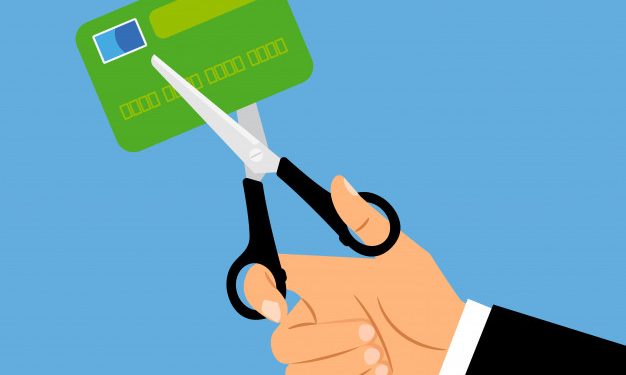An article in The Guardian refers to the upcoming deadline under the Financial Conduct Authority’s Affordability Rules for lenders to accelerate cardholder payments or suspend cards. The FCA regulates the conduct of the UK’s 59,000 financial services firms. The rules went into effect on September 1, 2018, and covered cardholders who have been revolving balances for at least 36 consecutive months.
Since the FCA’s Credit Card Market Study found that borrowers in such a situation often are paying more in interest than the original charge was worth, the regulator decided to give relief by requiring issuers to offer accelerated payment plans; if those plans proved unaffordable, the issuer would then have to forgive part of the debt so as to make the payment plan affordable.
Issuers could also waive interest and fees. To encourage cardholders to cooperate, issuers could be required to suspend the cards, hurting the cardholders’ credit lines.
Over a year later, issuers and cardholders will soon be facing the consequences. Having had the 18 months allowed under the regulations to convince cardholders to increase their payments, issuers will have to start suspending cards as early as February 2020. According to the article:
About 60% of the UK’s adult population – about 30 million people – have credit cards. The FCA has estimated that about 5.6m credit card accounts may be held by customers who are struggling financially, and that nearly 2 million may fail to raise their payments before the 36-month period is up.
While the exact number is, of course, uncertain, it seems clear that about 2 million cards are facing suspension, cutting into issuer profits, but also disrupting the cardholders’ financial stability, especially if the minimum payments are masking underlying problems. If anything, the headline of the article seems to understate the extent of the problem.
According to the FCA policy statement, “We would expect firms to suspend the cards of customers that have been shown forbearance, and those who do not respond.” The FCA expects consumers to save up to £1.3 billion a year, but this is definitely “tough love.”
On the other hand, while there is going to be short-term pain for issuers, it will ultimately be helpful to flush bad credits out of the system before a downturn, rather than have them all show up at once.
The disruption from Brexit, which will definitely happen following the Conservatives’ lopsided victory in the recent election, is very likely to tip the UK into recession, so the reckoning will come sooner rather than later. I just hope the government is prepared to offer assistance to residents who are going to be hit simultaneously with job losses and the loss of their cards, or it could be a grim 2020.
Overview by Aaron McPherson, VP, Research Operations at Mercator Advisory Group











